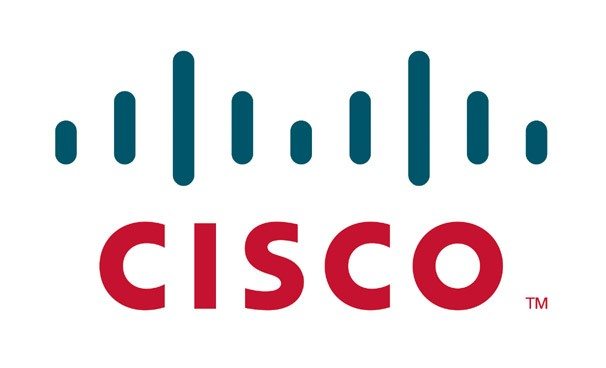
I had a really interesting chat with a lawyer recently. He’s focused upon banking and technology contracts, and the legal implications of what each party is trying to agree.
From the bank’s perspective, it is certainty of delivery of a project on time and to budget, with levels of appropriateness, usability and security built into the system that is delivered.
From the technology firm’s perspective, it is to ensure that they get the project secured in such a way that they have latitude to cover the risks of project over-run or barriers to implementation from the bank’s internal structures and / or processes, with a decent margin.
All eminently sensible
However, to meet both parties’ perspectives, you end up with all sorts of ideas of things that will tie each other down to guarantees.
In particular, an NDA (Non-Disclosure Agreement) for confidentiality and SLA (Service Level Agreement) to guarantee levels of operation.
All eminently sensible.
Then the lawyer surprised me by saying that the NDAs and SLAs are complete bunkum.
What is that you say?
You heard me; SLAs and NDAs aren’t worth the paper they’re written on.
I challenged him on this, and his answers were also eminently sensible.
First, the NDA.
When has there ever been a successful court case that proved the signing counterparty had breached confidentiality?
According to my lawyer friend, there’s only been about one in his memory meaning that 99% or more fail.
How come?
Because if any of the information shared could have been discovered in the public domain before the NDA was signed, then it is not unique or confidential.
And it is far easier to prove that most of the information involved was in public domain somewhere than to prove you had a completely original and unique idea.
On SLAs, his comment was that most of those who breach what you thought was an SLA agreement find, when it comes to court, that there’s a little line in the contract somewhere that says: “if an SLA is broken, the service provider has up to thirty days to fix it before the contract is void”.
As a result, you find an SLA of a guaranteed 99.99% uptime and the system could be down for 29 days but, as long as it is fixed by the thirtieth, then the vendor is fine and dandy.
I’m not sure about these ideas which is why I’m throwing them out here into the blogosphere.
*
The Finanser is sponsored by VocaLink and Cisco:
For details of sponsorship email us
Chris M Skinner
Chris Skinner is best known as an independent commentator on the financial markets through his blog, TheFinanser.com, as author of the bestselling book Digital Bank, and Chair of the European networking forum the Financial Services Club. He has been voted one of the most influential people in banking by The Financial Brand (as well as one of the best blogs), a FinTech Titan (Next Bank), one of the Fintech Leaders you need to follow (City AM, Deluxe and Jax Finance), as well as one of the Top 40 most influential people in financial technology by the Wall Street Journal's Financial News. To learn more click here...

